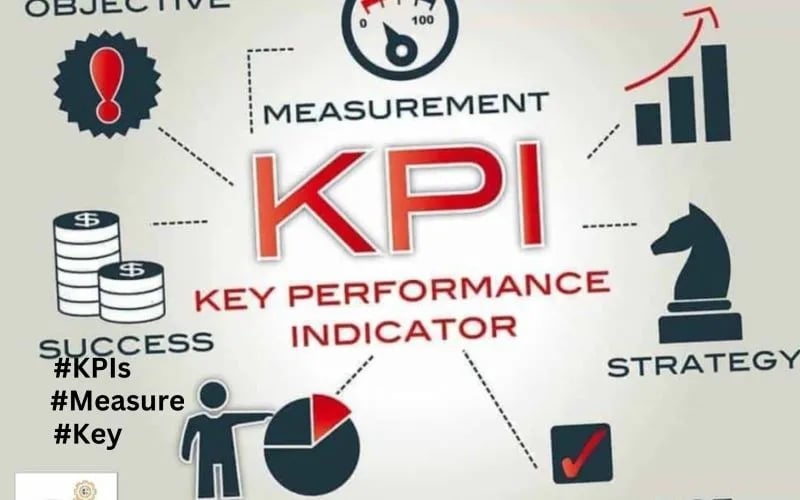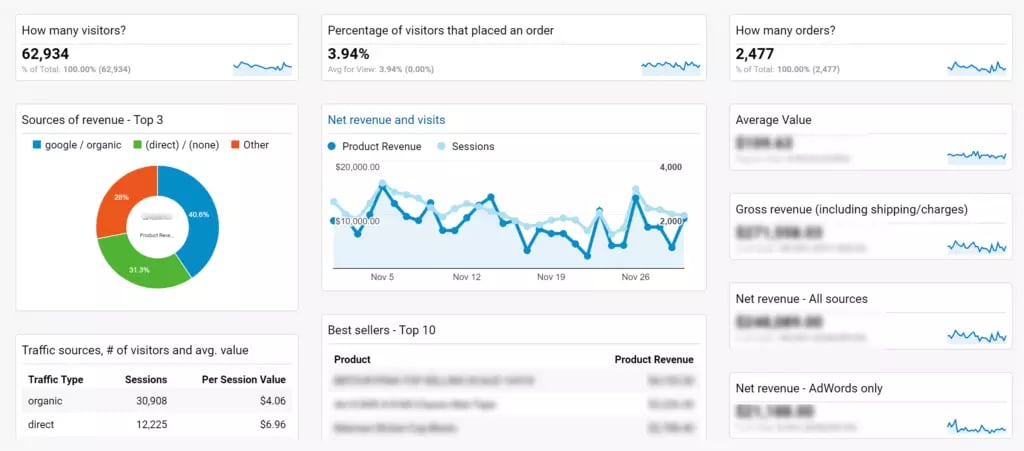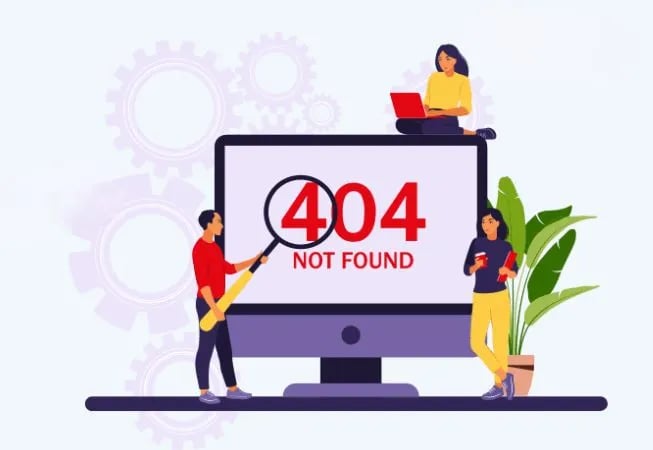
There’s a wealth of data available to help you enhance your marketing efforts and drive your business forward. Understanding key performance indicators (KPIs) is imperative for measuring your success and optimizing your strategies to attract more leads and engage customers effectively. In this post, we will explore The Only 7 Marketing KPIs Worth Tracking, providing you with insights on how to monitor these metrics for your website and social media campaigns, ensuring your brand design resonates with your target audience.
Understanding Marketing KPIs
Before venturing into the world of marketing metrics, it’s important to grasp the concept of Key Performance Indicators (KPIs). Marketing KPIs are specific measurable values that demonstrate how effectively your marketing strategies are achieving your business objectives. By identifying and tracking these indicators, you can evaluate the impact of your campaigns on your overall performance.
Definition of Marketing KPIs
Below, you’ll find that marketing KPIs serve as quantifiable measures to assess the success of your marketing efforts. They can include a variety of metrics related to your website traffic, customer engagement, lead generation, and overall brand performance. Understanding these definitions will set a solid foundation for your marketing analysis.
Importance of KPIs in Marketing
Between the multitude of strategies and tools available today, KPIs help you make sense of your marketing landscape. By using KPIs, you can identify which tactics are driving leads, engaging customers, and ultimately contributing to your business growth.
Further, understanding the importance of KPIs enables you to optimize your marketing efforts effectively. By regularly monitoring these indicators, you can adjust your strategies in real time to better connect with your audience, refine your social media marketing, and enhance your brand’s design. This data-driven approach ensures you are not only attracting customers but also converting them into loyal leads for Mister Nguyen Agency and other ventures.
The 7 Key Marketing KPIs

You need to be aware of the vital marketing KPIs that drive your business strategy. Understanding these key metrics helps you measure performance and make informed decisions. To dive deeper, check out THE TOP 7 MARKETING KPIs ALL CEOs SHOULD KNOW.
Customer Acquisition Cost (CAC)
KPIs like Customer Acquisition Cost (CAC) tell you how much you’re spending to acquire a new customer. This metric provides insights into your marketing effectiveness and helps you optimize your budget for maximum return.
Customer Lifetime Value (CLV)
Along with CAC, Customer Lifetime Value (CLV) is another vital metric that defines the total revenue you can expect from a customer throughout their relationship with your business. This understanding allows you to strategize effectively around your customers.
At its core, CLV helps you evaluate how much to invest in acquiring new customers. By analyzing this value, you can tailor your marketing efforts to target high-value customers, making your strategies more efficient and profitable over time.
Conversion Rate

Lifetime tracking of your website’s Conversion Rate is vital, as it reflects the effectiveness of your marketing campaigns in turning leads into paying customers. You can assess which channels and strategies are most effective and fine-tune your approach accordingly.
It’s important to analyze the components affecting your conversion rates, such as landing page design, call-to-action placements, and user experience. Enhancing these factors can lead to a significant increase in conversions and, ultimately, revenue.
Return on Investment (ROI)
After you implement marketing campaigns, gauging your Return on Investment (ROI) helps you understand the financial impact of your efforts. It measures how effectively you’re generating profit in relation to your spending.
Further analysis of ROI can reveal which strategies yield the highest returns, enabling you to allocate your resources more effectively. This ensures your marketing efforts align with your business goals and drive sustainable growth.
Engagement Rate
Cost analysis of your Engagement Rate is beneficial to evaluate how well your audience interacts with your content. This metric helps you gauge customer interest and identify which platforms are most effective for your brand.
In fact, a high engagement rate suggests that your audience resonates with your messaging and content. You can capitalize on this insight to strengthen your social media presence or optimize your website, ultimately driving more leads and conversions.
Traffic Sources
Traffic analysis is vital to understand which channels drive the most visitors to your website. Knowing your Traffic Sources allows you to prioritize your marketing efforts and invest in high-performing platforms.
To maximize your reach, focus on optimizing these sources, whether through organic search, paid advertising, or social media. Understanding where your traffic originates enhances your ability to strategize and convert these visitors into customers.
Social Media Reach
Between your various marketing platforms, analyzing Social Media Reach is important for understanding the visibility of your content across different networks. This metric can influence how you shape your overall digital strategy.
Consequently, ensuring a strong social media reach not only increases brand awareness but also attracts new customers to your website. By optimizing your social media campaigns, you can create a ripple effect that benefits your entire marketing approach.
Measuring Marketing KPIs

Keep in mind that measuring your marketing KPIs is crucial to understand the effectiveness of your campaigns. Regularly tracking these indicators allows you to make informed decisions, optimize your strategies, and ultimately enhance your performance in attracting leads and retaining customers. Whether it’s assessing website performance or social media engagement, staying on top of your metrics will provide you with valuable insights into your business growth.
Tools for Tracking KPIs
Marketing teams today have access to a variety of tools designed to help you track your KPIs. Platforms like Google Analytics, HubSpot, and Tableau enable you to monitor website traffic, conversion rates, and other crucial metrics. By leveraging these tools, you can easily generate reports that highlight trends and identify areas for improvement, keeping your business on the right track to achieve its objectives.
Setting Benchmark Targets
On your journey to measuring KPIs, setting benchmark targets is highly beneficial, as it helps you gauge your performance and establish clear goals. By understanding industry standards and aligning your goals with your business objectives, you can pave a sustainable path toward success.
Considering the importance of benchmarking, you should analyze your competitors, industry averages, and historical data to identify realistic targets for your business. This process not only helps you stay competitive but also motivates your team to achieve and exceed these goals. When setting benchmarks, consider your customers’ behaviors and the context of your various marketing channels—such as social media and website performance—ensuring that your targets resonate with their needs and enhance your overall brand design. Adjust these benchmarks regularly to adapt to changing market conditions and maintain your growth trajectory with Mister Nguyen Agency.
Analyzing KPI Data

Despite the complexity of tracking multiple marketing KPIs, the analysis of this data is crucial for optimizing your business strategies. By regularly examining metrics such as conversion rates, customer acquisition costs, and social media engagement, you can gain valuable insights into your marketing performance. Your ability to dissect this data allows you to see what practices resonate with your customers, enhance lead generation, and refine your overall marketing efforts.
Interpreting Results
Among the various KPIs, it’s vital to assess how each metric connects to your business objectives. Look for patterns within the data that highlight strengths and weaknesses in your marketing campaigns. For instance, if your website sees high traffic but low conversions, it may indicate issues with user experience or messaging clarity. By understanding these results, you can make more informed marketing decisions that resonate with your target audience.
Making Data-Driven Decisions
Above all, using KPI data to drive your business decisions can lead to more effective marketing strategies. Analyzing your performance metrics enables you to adjust your tactics and allocate resources where they are needed most. By continually refining your approach based on solid data, you’ll be better equipped to engage with customers, nurture leads, and improve your overall brand design. This process fosters a dynamic and adaptive marketing environment.
Consequently, leveraging KPI insights allows you to pivot your strategy as needed. When you identify trends or shifts in customer behavior, you can swiftly adapt your marketing tactics to align with those changes. This agility continually positions your business to meet the needs of your customers through tailored campaigns that drive engagement and foster loyalty. Consider integrating tools from Mister Nguyen Agency to enhance your data analysis and empower your decision-making process related to website performance and brand engagement on social media.
Common Mistakes in KPI Measurement

Now that you understand the importance of KPIs, it’s crucial to avoid common pitfalls in measurement. Many businesses fail to effectively analyze their KPIs, leading to misguided strategies. By following The 7 Best PPC KPIs You Should Be Tracking, you can hone in on the metrics that genuinely drive growth and improve your marketing efforts.
Overlooking Important Metrics
Common mistakes include focusing only on surface-level KPIs and neglecting critical data that reflects your website’s performance and engagement with customers. This can leave you with an incomplete picture of your business’s health. Some important metrics to consider include:
- Customer acquisition cost
- Customer lifetime value
- Lead conversion rates
This oversight can stunt your business growth and limit your understanding of customer behavior.
Ignoring Contextual Factors
Around your KPI analysis, it’s vital to consider the broader context of your business environment. Ignoring factors like seasonality, economic trends, and changes in customer behavior can lead to misleading conclusions. Contextual aspects often influence how your metrics are interpreted. You should consider:
- The timing of campaigns
- Market conditions
- Competitor actions
This holistic approach will help you make data-driven decisions that resonate with your audience.
At times, contextual factors can shift dramatically, affecting your analytics. Some variables that could alter your interpretation include:
- Social media buzz
- External events or crises
- Shifts in consumer preferences
This comprehensive view can enhance your strategies and better align them with your business objectives.
Conclusion
With these considerations, you can effectively track the 7 marketing KPIs that are imperative for your business’s growth. By measuring metrics such as website traffic, lead generation, and engagement on social media, you can better understand how to reach your customers and optimize your marketing strategies. At Mister Nguyen Agency, we specialize in helping businesses design brand strategies that resonate with your audience. By focusing on these KPIs, you will enhance your ability to convert leads into loyal customers and ultimately drive success for your business.











